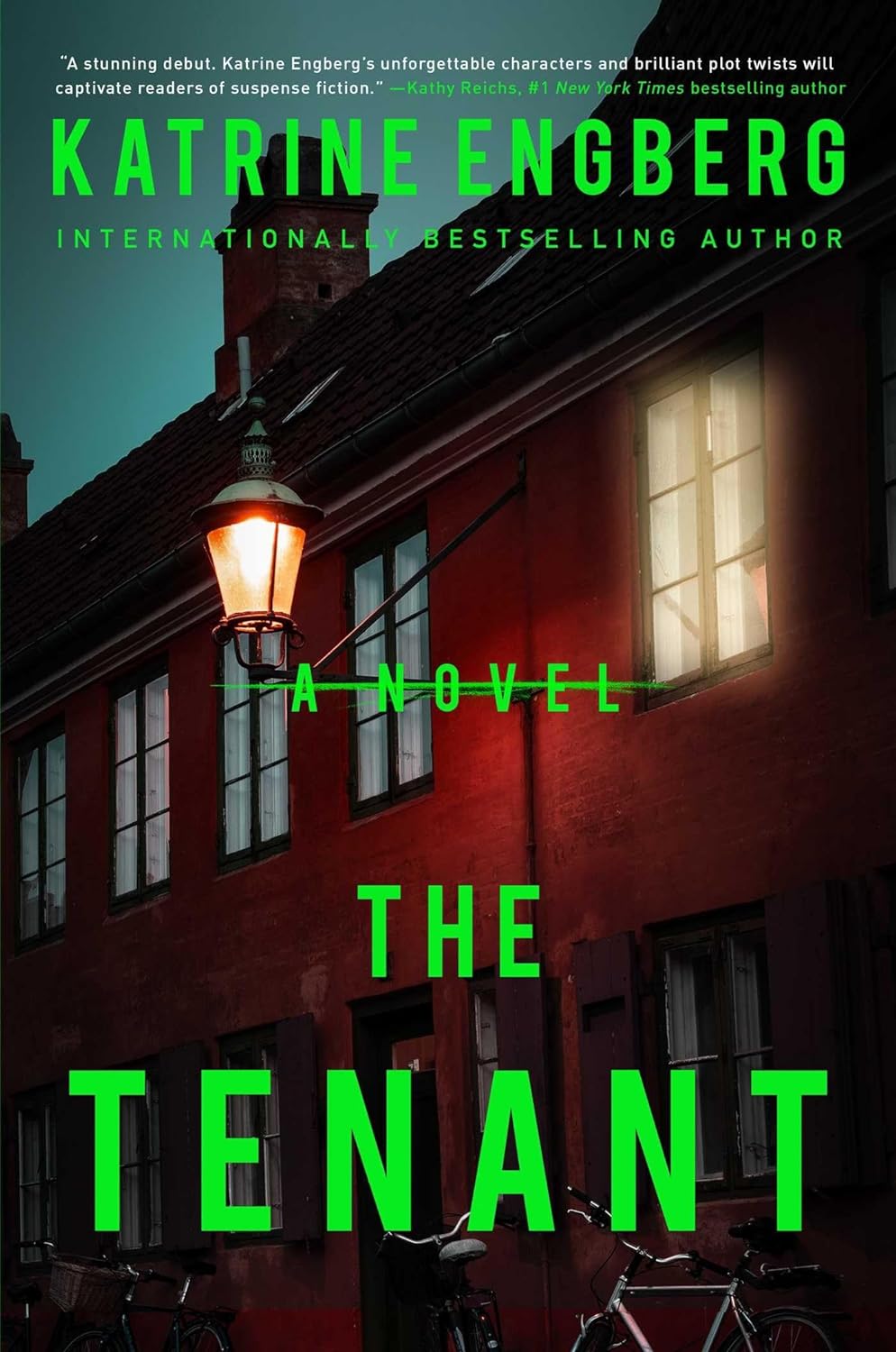The Tenant
In the realm of Scandinavian noir, Katrine Engberg’s debut novel, “The Tenant,” marks a striking entry, delivering a complex blend of suspense and intrigue that has garnered international attention. Positioned aptly alongside luminaries of the genre, Engberg’s narrative weaves through the shadowy alleys of Copenhagen, revealing the intertwined lives and secrets of its characters with a deft hand.
At the heart of “The Tenant” is a gruesomely poetic murder that pulls Copenhagen detectives Jeppe Korner and Anette Werner into the enigmatic orbit of Esther de Laurenti, a landlady whose literary ambitions become eerily entangled with reality. The murder victim, Julie Stender, is found in her apartment, her face marred by a bizarre pattern of lines—a visceral manifestation of conflict that seems to leap from the pages of Esther’s unfinished manuscript.
Engberg excels in crafting a multi-layered plot where art imitates life, only to distort it in a macabre dance of fiction and reality. The prose is crisp, infused with a cold Nordic chill that perfectly complements the dark undercurrents of the story. The pacing is meticulous, with Engberg doling out clues and red herrings in equal measure, compelling the reader to piece together the fragmented truths of Julie’s and Esther’s pasts alongside the detectives.
Detectives Korner and Werner are portrayed with depth and authenticity. Korner, grappling with personal demons, and Werner, balancing her professional duties with her impending motherhood, are relatable in their flaws and steadfastness. Their dynamic adds a rich layer to the narrative, enhancing the overall emotional heft of the procedural elements of the plot.
However, while the novel’s intricate plot is one of its strengths, it occasionally borders on convoluted, with the multitude of twists risking the occasional lapse into implausibility. Furthermore, the novel’s climax, while satisfying in its revelation, might feel rushed to some readers, keen on savoring the novel’s previously steady and suspenseful buildup.
“The Tenant” also subtly engages with themes of creativity and responsibility—where the lines are drawn between an artist’s autonomy and moral accountability. Through Esther’s character, Engberg poses potent questions about the consequences of plundering real life for the sake of art.
In conclusion, Katrine Engberg’s “The Tenant” is a compelling debut, rich with the gloomy atmosphere and intricate plotting that fans of Scandinavian thrillers will appreciate. Despite minor pacing issues, it establishes Engberg as a notable new voice in the genre. Readers who are drawn to complex narratives that prompt reflection on the darker facets of human creativity will find this novel a chilling and engaging read.









Reviews
There are no reviews yet.